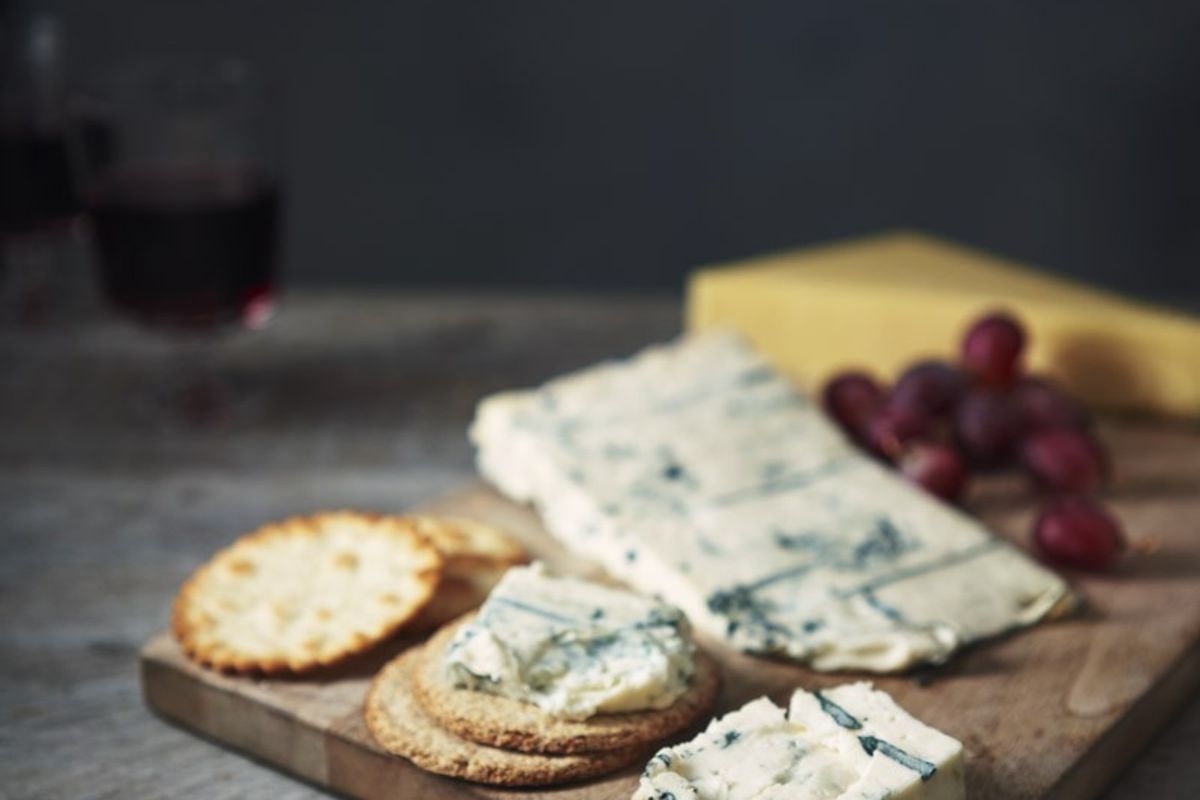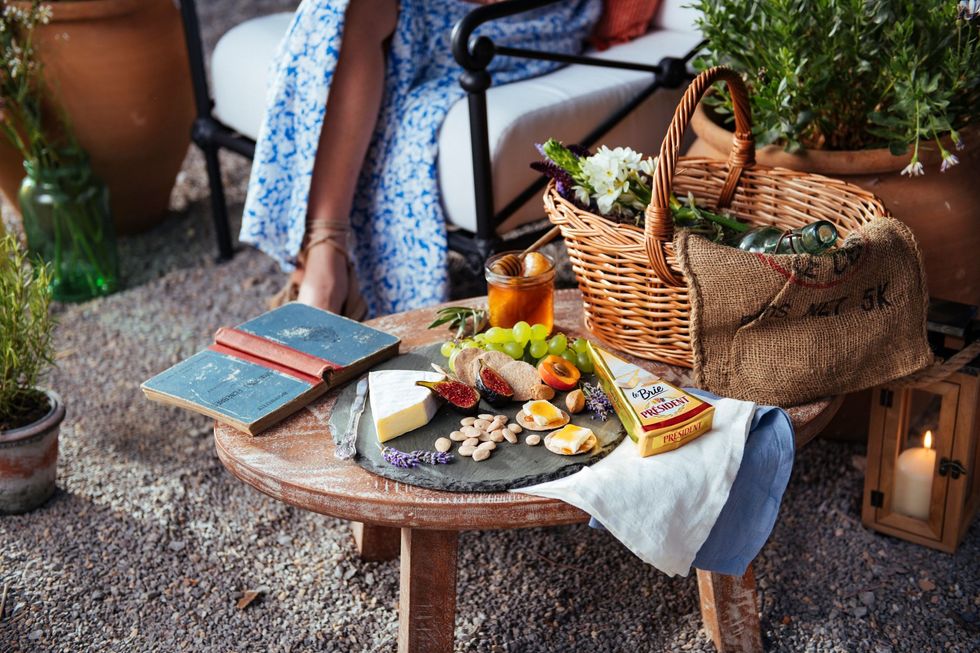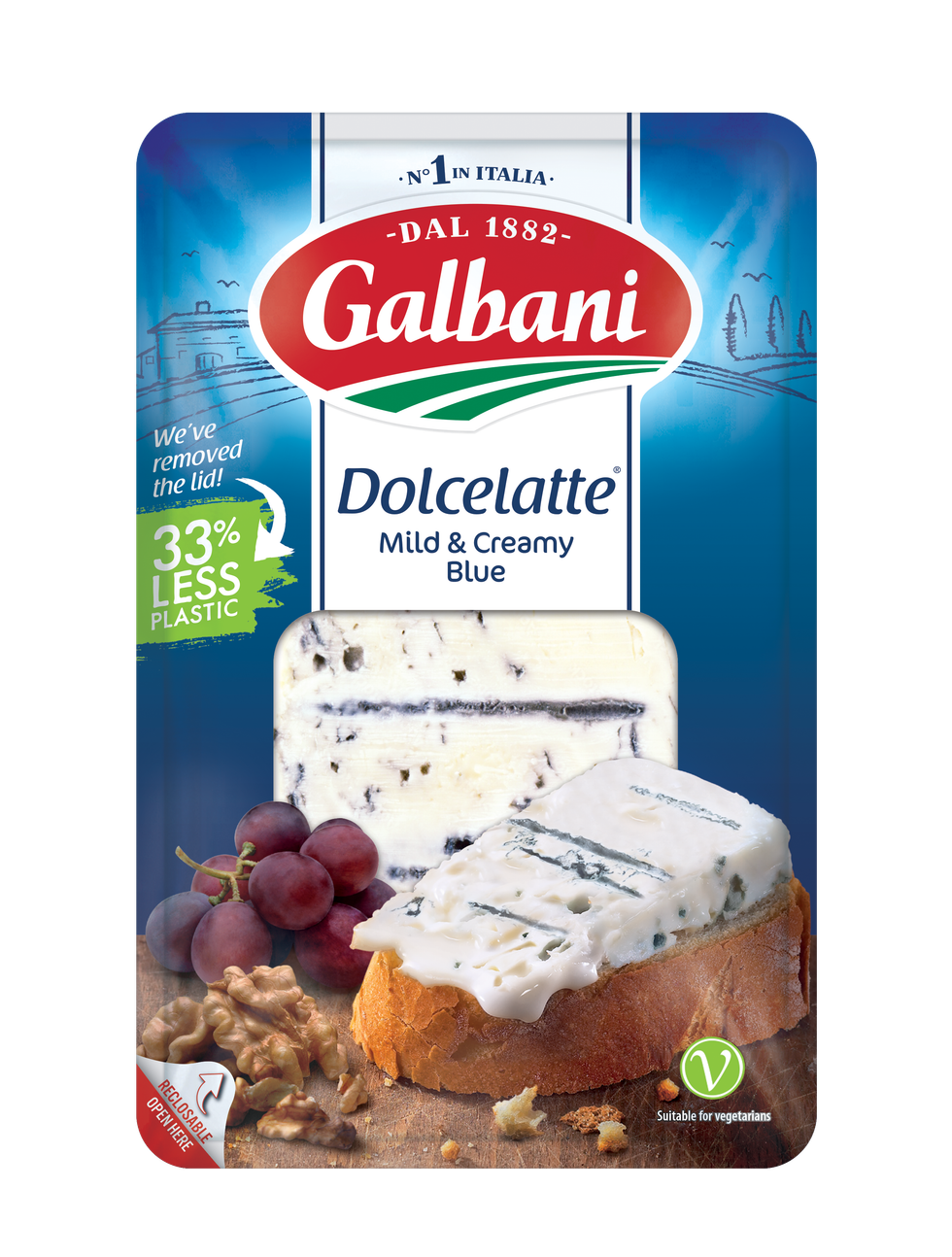Dairy, in particular cheese, is an everyday essential which offers consumers taste, nutrition, versatility, convenience, and good value. Despite this, the ongoing cost-of-living crisis, inflation and Brexit have unsurprisingly impacted how frequently consumers are buying cheese, but volume sales of branded cheese are now returning to growth at 1.9 per cent year on year (YOY) ahead of private label at 0.4 per cent. Branded cheese accounts for 40 per cent of total cheese value sales, with it being worth a total of £1.2 billion, growing 6.6 per cent in value sales YOY, while private label accounts for 60 per cent and is worth £1.8 billion, growing four per cent YOY.
Heloise Le Norcy-Trott, Group Marketing Director for Lactalis UK & Ireland explains: “After two years of contracted volume sales the cheese category has an opportunity to regain momentum. Looking ahead to 2025 and beyond, these are the cheese trends we think retailers should be aware of.”
- Premiumisation driving growth: Even though grocery prices are increasing, and consumers have been choosing to buy fewer units of cheese, premiumisation still has the potential to drive market growth. This is likely to come from a combination of new and old consumer habits – exploring new ways of enjoying cheese, like enjoying hot and using it in different recipes, and rediscovering varieties they previously enjoyed. With cheese being a household staple, it’s important that the industry and retailers continue to adapt, expand, and innovate their offering in the coming months, to cater to changing consumer demands as shoppers get back into cheese.
- Cheese as a source of protein: There is a growing interest in how what we eat and drink affects our bodies – with more than half of consumers reading product labels more than last year. Therefore, one trend to look out for is consumers seeking out cheese for its nutritional benefits. For example, cheese is packed full of essential dairy nutrients, such as protein, with it providing 15 per cent of our daily requirement. Unlike some plant-based proteins, cheese contains all of the nine essential amino acids (the building blocks of protein) that our bodies need. Protein is vital for many different functions in the body including building and maintaining muscle and supporting healthy bones, but also for helping to make other body tissues and organs, the antibodies in our immune system and haemoglobin, an important protein that carries oxygen in our blood (British Nutrition Foundation 2023).
- Growth in hot eating cheese: Hot eating is currently one of the highest grossing cheese categories, offering quick and tasty hot meal-time solutions, and another area where retailers can encourage premiumisation. Président Extra Creamy Brie, which launched in March 2024, can be enjoyed both hot and cold, but with special melting properties and extra depth, the cheese is best enjoyed hot. Its launch follows consumer research, which found that brie shoppers are willing to pay extra for brie made in France (49 per cent) and extra creamy brie (48 per cent).
- Cheese as a meat alternative: Cheese is a major recipe ingredient in many popular meat-free dishes, while hot eating cheese products provide consumers with a tasty vegetarian meat replacement they can enjoy at any time – while also appealing to consumers trying to reduce their meat intake, as an alternative to meat protein.
- Greater personalisation: New consumers coming into the market are likely to seek ways to express their individuality and personalise how they use cheese, based on imagination and personal preferences. As these shoppers recognise the recipe potential for cheese and the varieties that are available, we can expect greater creativity in its use in planned dishes and making use of leftover cheese. In addition to the growing range of recipes available online, TikTok and other social media will increasingly impact people’s cheese tastes and usage. With the demand for affordable indulgence driving the category, we can expect a blurring of the distinction between speciality, every day, and recipe cheese, and cheese lovers ‘mixing it up’ with treats like brie on toast. While it’s unlikely British consumers will forsake cheddar as the nation’s favourite cheese, they will increasingly want to widen their cheese repertoire, and products like Lactalis’s Leerdammer slices, the number #1 cheese slices brand in the UK in value sales, will encourage them to think ‘beyond the block.’
- Unique and global flavours: Cheese products combined with naturally herbaceous flavours like chive, onion, garlic, truffle and dill are increasing in popularity, and more specific flavours like provolone, Gouda, and cheddar are satisfying consumer demand. The implications for stores and suppliers too are that they should look across the dairy aisle for inspiration for tomorrow’s new products. They should think too about reducing additives and look for new consumer needs around seasonality or flavours. In September 2024, Lactalis UK & Ireland announced the expansion of its Seriously Spreadable range, with the launch of Seriously Spreadable Black Pepper – bringing a new and irresistible flavour offering to the cheese spreads category. Made with a delicious blend of 50 per cent award winning cheddar and a pinch of black pepper to give an extra kick, it is highly versatile and ideal served on crusty bread, crackers and bagels, or served warm on baked potatoes and stirred into pasta.
The following trends are also impacting the UK market at present and are likely to continue doing so going into 2025:
Regionality: Across grocery categories, including cheese, shoppers are seeking out locally sourced products, and we know that product provenance is a key purchase driver for Scottish shoppers with our brands, Orkney, Galloway and Seriously driving category growth in Scotland.
Sustainability: Consumers are increasingly concerned about the environmental impact of their purchases, and expect manufacturers to provide sustainable options, especially plastic-free.
“As these trends and predictions indicate, the next twelve months are set to be an exciting opportunity for everyone involved to seize growing momentum, innovate and grow the UK cheese market,” says Heloise Le Norcy-Trott, Group Marketing Director for Lactalis UK & Ireland.
“As a leading player here and around the world, we have built our position by monitoring short- and long-term trends – including those evolving on social platforms, developing enticing NPD and anticipating demand across our portfolio, and we look forward to continuing to deliver surprise and delight to our customers across the category and in the chiller aisles.”




